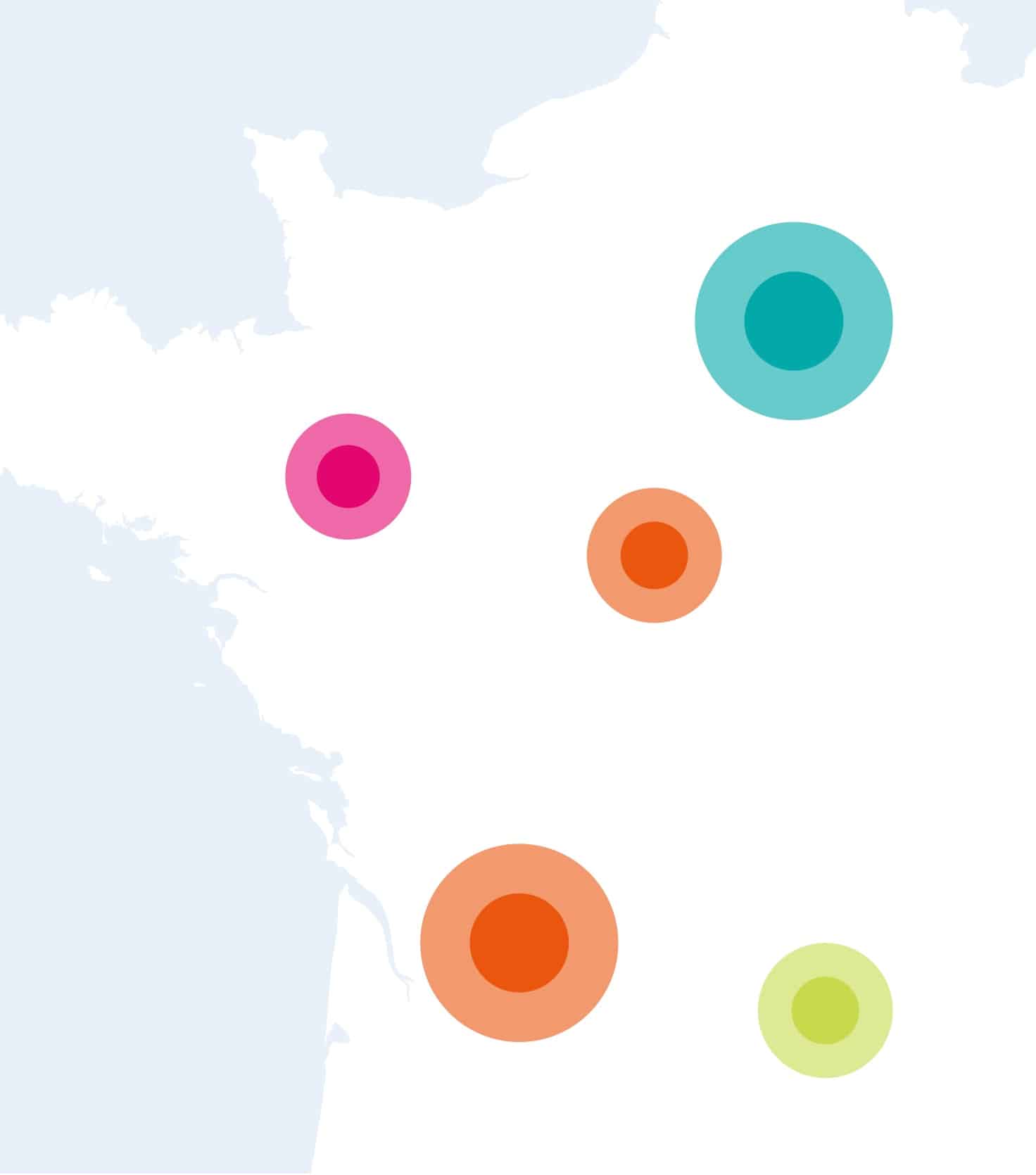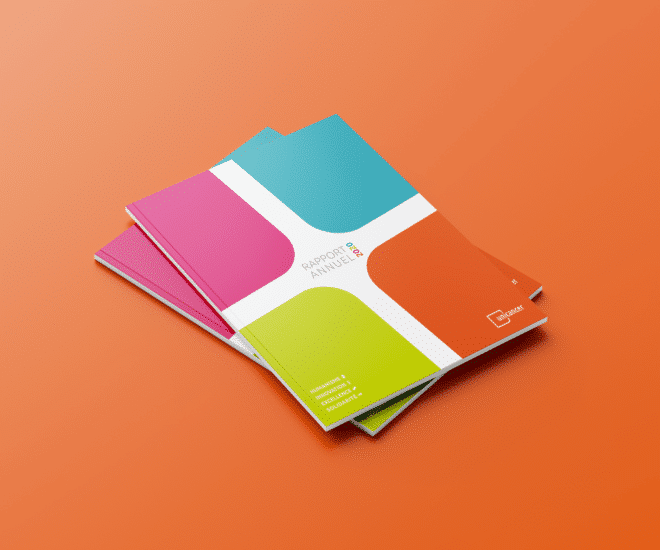Having cancer often turns a world upside down, landing us in unfamiliar territory, which can be especially destabilising. To help you, this page contains links to sources of information by recognised experts, often partners of Unicancer, a long list of patients’ associations and even information about advance directives for end-of-life care and the person of trust.
Different types of cancer
Talking about cancer does not in reality make any sense. There are cancers which have consequences on the health and life of patients, and which require a different type of care, treatment and which have a different prognosis. To tell the difference, here are some robust and exhaustive resources for readers:
- INCa Patients & relatives, information about cancer (in French)
- Ligue contre le cancer List of types of cancer (in French)
- Fondation ARC Information on cancer (in French)
Patients’ associations and information portals on cancer
Types of cancer treated and treatments offered in our centres
French comprehensive cancer centres (Fcccs) in the Unicancer network also provide information on the different types of cancers they treat. Within our network, we have the expertise to treat a large panel of cancer types (medical oncology and radiotherapy). In surgery, 6 locations require specific authorisations, each centre holds a certain number of these authorisations according to the equipment and resources it has available. Outside the 6 locations, in surgery, FCCCs can treat all other cancers. See which cancers are treated and with which type of treatment, on the page dedicated to each of our Centres.

Find out more: find your nearest cancer centre!
Patients’ associations and information websites on cancer
There are many patients’ associations and they play a determining role in helping patients and their families. They are precious points of contact and can assist at several levels (e.g.: general information on cancer, rare cancers, discussion and support etc.). Here is a list of the main associations that we have listed for you for guidance:
Associations that support patients on a daily basis
Advance directives for end-of-life care
Each and every one can, if they so wish, write a statement called “advance directives” to express their wishes concerning their end of life. This document will help doctors, when the time comes, to take their decisions as to the care to be administered, if the person can no longer say what they want, if they have an accident or other serious disease for example.
Several important principles are to be taken into account:
- As long as a person is able to express their wishes themselves, advance directives are not applied
- Advance directives can be written at any time of life, whether we are in good health or sick or disabled etc.
- All adults can write them
Anyone wishing to write such decisions can do so through several channels:
- Their general practitioner, who is the preferred contact for informing about advance directives
- Teams at French Comprehensive Cancer Centres are also here to help patients who need it
A working group of lawyers and health professionals from Unicancer and its Centres has designed an explanatory brochure for patients, a form to guide them in writing, and a document for the health professionals who will be accompanying them.
Directives for end-of-life care – Leaflet for patients (in French)
Form to help with the preparation of end-of-life directives (in French)
“I have written my end-of-life directives” wallet card (in French)
For Fcccs’ teams, the source files of the documents above are available on request.
Your rights: end-of-life directives (public service website, in French)
National campaign website: Let’s talk about the end of life (in French)
Unicancer partner of the Ligue contre le cancer and Fondation ARC
Unicancer acts and works closely with the Ligue contre le cancer and Fondation ARC pour la recherche sur le cancer. Both non-profit organisations actively participate in funding research in the field of oncology and the fight against cancer.


Care pathway and quality of life
Our unique model for cancer patients’ care
Quality approach of our cancer Centres





